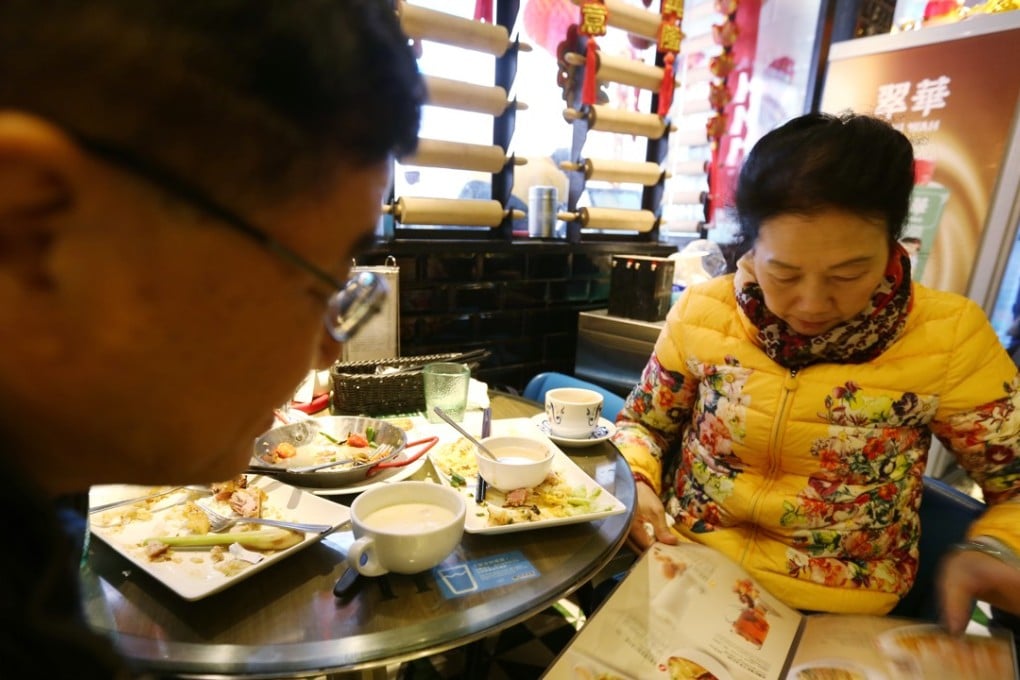Why mainlanders have lost their appetite for Hong Kong’s fast food

Michelle Li, a Chinese white collar worker, still remembers her excitement when she first visited Tsui Wah, a famous Hong Kong tea restaurant chain, several years ago in Shanghai.
“I feel the food there was quite tasty and it looked to me like a high-end restaurant,” said the 28-year-old.
She recalled ordering one of the establishment’s signature dishes – a bowl of fish ball noodles, which at the time gave her a rare glimpse of life in Hong Kong, the vibrant city she had always dreamt of visiting.
Now a frequent visitor to Hong Kong on business trips and holidays, Li said that while Cantonese food still appeals to her, Hong Kong fast food chains are no longer among her dining options.
“I would still go to Cantonese restaurants such as Tao Heung and Lei Garden in Shanghai, but there seems to be no reason for me to eat at Cafe de Coral or Fairwood chains when you can find cuisines from all across the country,” she said.
